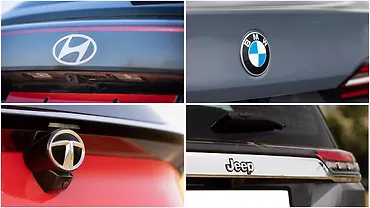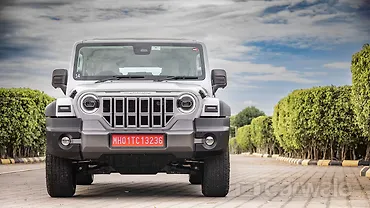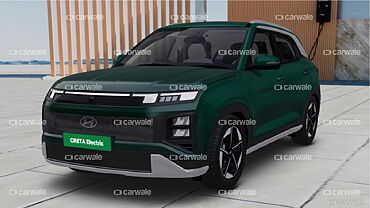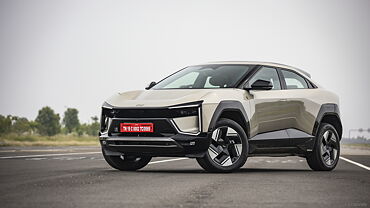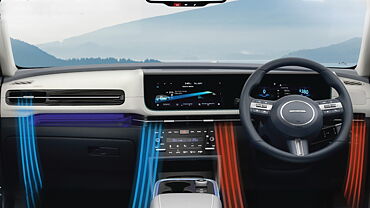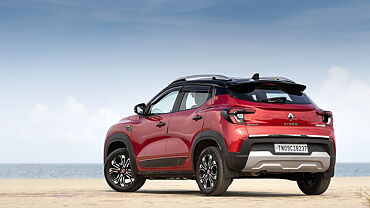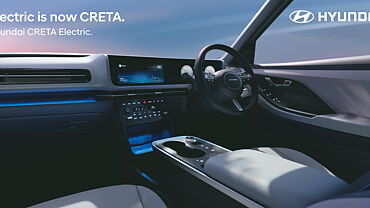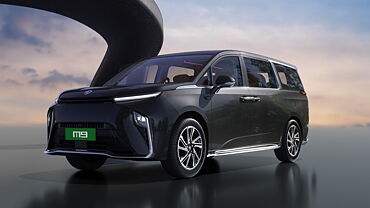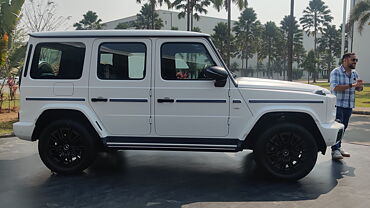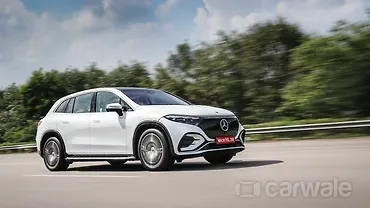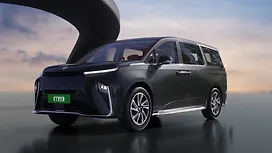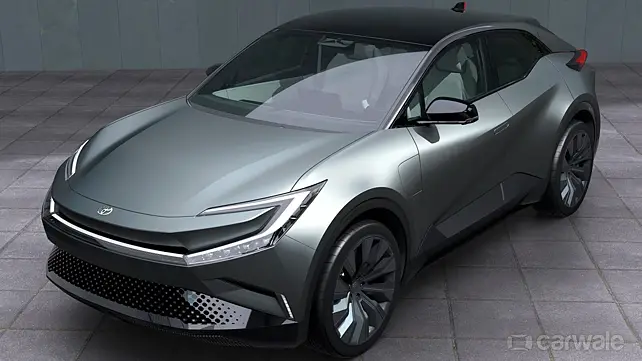
- Solid state battery arriving in 2027-28
- 3.5 million BEVs expected by 2030
Toyota has detailed its new battery technology roadmap. The Japanese carmaker is planning on developing four next-generation battery types, three of which will be new liquid electrolyte battery technologies and one with next-gen solid-state battery technology.
Under development are three main battery types – Performance, Popularisation, and High-Performance. The Performance battery packs will use lithium-ion chemistry which is expected to arrive in BEVs from 2026. They will offer a driving range of close to 800 kilometres (helped by improved aerodynamics and weight). It is also expected to be 20 per cent cost-effective with better charging capacity than the current battery technology.
Meanwhile, the Popularisation batteries will have lithium iron phosphate (LFP) chemistry. It will be constructed using the bipolar technology which Toyota first used for nickel-metal-hydride (NiMH) batteries. This battery is expected to arrive in 2026-2027.
Lastly, the High-Performance battery pack will use Lithium-ion chemistry in combination with a high nickel cathode. This combination will allow a driving range of more than 1000 kilometres. Toyota expects a further 10 per cent reduction in cost and a DC fast charging time of less than 20 minutes 10-80 per cent. However, we will only see this battery roll out in 2027-2028.
Moreover, the solid-state batteries which will also offer a 1000 kilometres of driving range are slated for the same year. They will have better durability, faster charging and smaller power depletion. However, they have a limitation of smaller battery life.
Toyota estimates that 3.5 million BEVs will take the road before the end of this decade. These new battery technologies will benefit the next generation of electric vehicles not only for Toyota but other carmakers as well.

